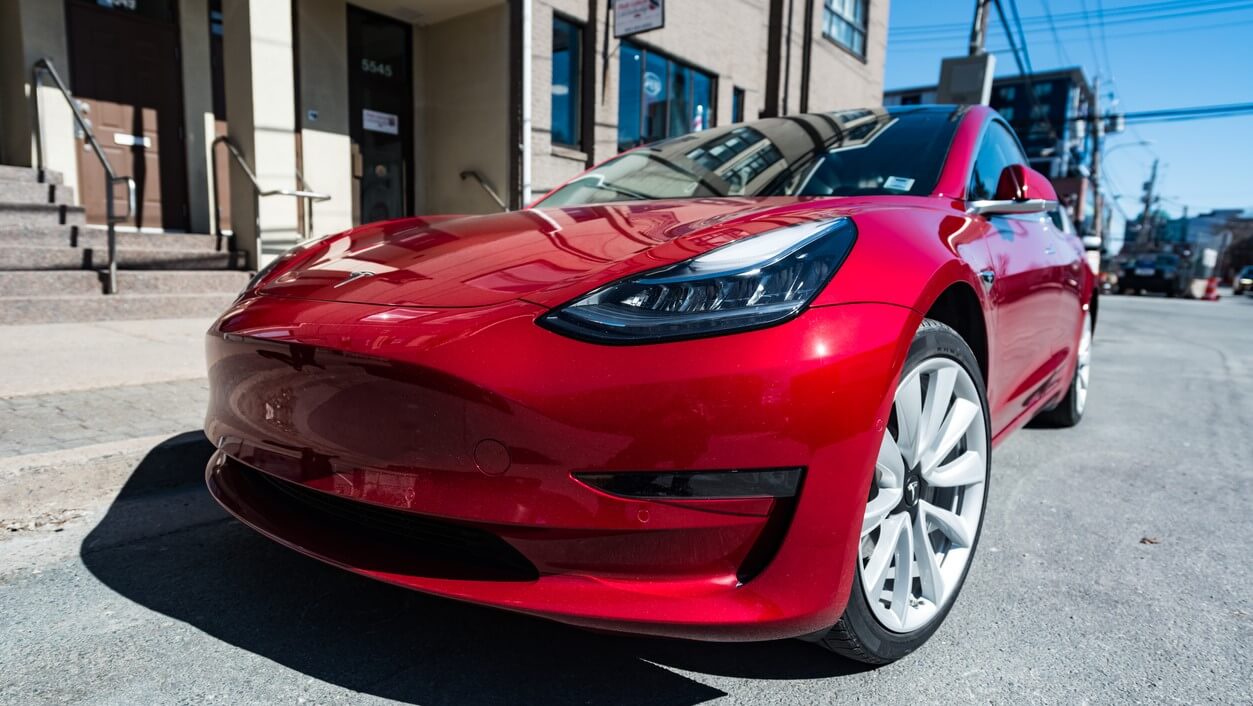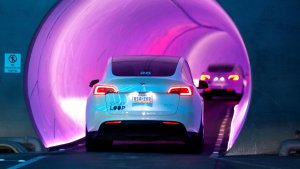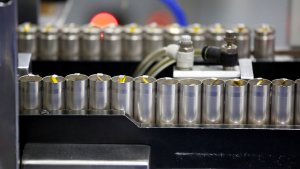Call For Tax-Free Electric Cars To Boost Sales As Vehicle Demand Falls
Demand for new cars fell by 2.9% last month, Society of Motor Manufacturers and Traders said.

Electric vehicles should be made tax-free to boost sales, the automotive industry has urged as demand for new cars fell by 2.9% last month.
Some 79,594 new cars were registered in February compared with 81,969 during the same month in 2019, according to the Society of Motor Manufacturers and Traders (SMMT).
The trade association blamed weak consumer confidence and confusion over what fuel technology to buy.
It called for the Chancellor to use next week’s Budget to remove VAT from all new battery electric, plug-in hybrid electric and hydrogen fuel cell electric cars.
Such a move could cut the purchase price of an average family battery-powered runaround by around £5,600.

Removing VAT could boost sales of battery electric cars alone to nearly one million over the next five years, saving an additional 1.2 million tonnes of carbon dioxide, according to the SMMT.
Combining a tax cut with continuing the plug-in car grant at current levels and reintroducing it for plug-in hybrids, and exemption from VED and insurance premium tax, could cut the upfront costs of clean vehicles about £10,000.
February’s decline in sales was driven by a 7.4% drop in demand from private consumers.
Sales of diesel and petrol models were down 27.1% and 7.3% year-on-year.
But it was better news for zero-emission-capable cars, with sales of battery electrics up more than threefold on February last year to 2,508 cars in the month, and plug-in hybrids up 50% to 2,058 vehicles.

Despite the rising numbers, their market share of 5.8% of sales remains low, the industry body said.
SMMT chief executive Mike Hawes said: “Another month of decline for the new car market is especially concerning at a time when fleet renewal is so important in the fight against climate change.
“Next week’s Budget is the Chancellor’s opportunity to reverse this trend by restoring confidence to the market and showing that government is serious about delivering on its environmental ambitions.
“Industry has invested in the technology, with a huge influx of new zero and ultra-low emission models coming to market in 2020, and we now need government to match this with a comprehensive package of incentives and infrastructure spending to accelerate demand.”
And he said: “To drive the transition to zero-emission motoring, we need carrots, not sticks – as the evidence shows, talk of bans and penalties only means people hang on to their older, more polluting vehicles for longer.
“It’s time for a change of approach, which means encouraging the consumer to invest in the cleanest new car that best suits their needs.”
Thanks for signing up to Minutehack alerts.
Brilliant editorials heading your way soon.
Okay, Thanks!

